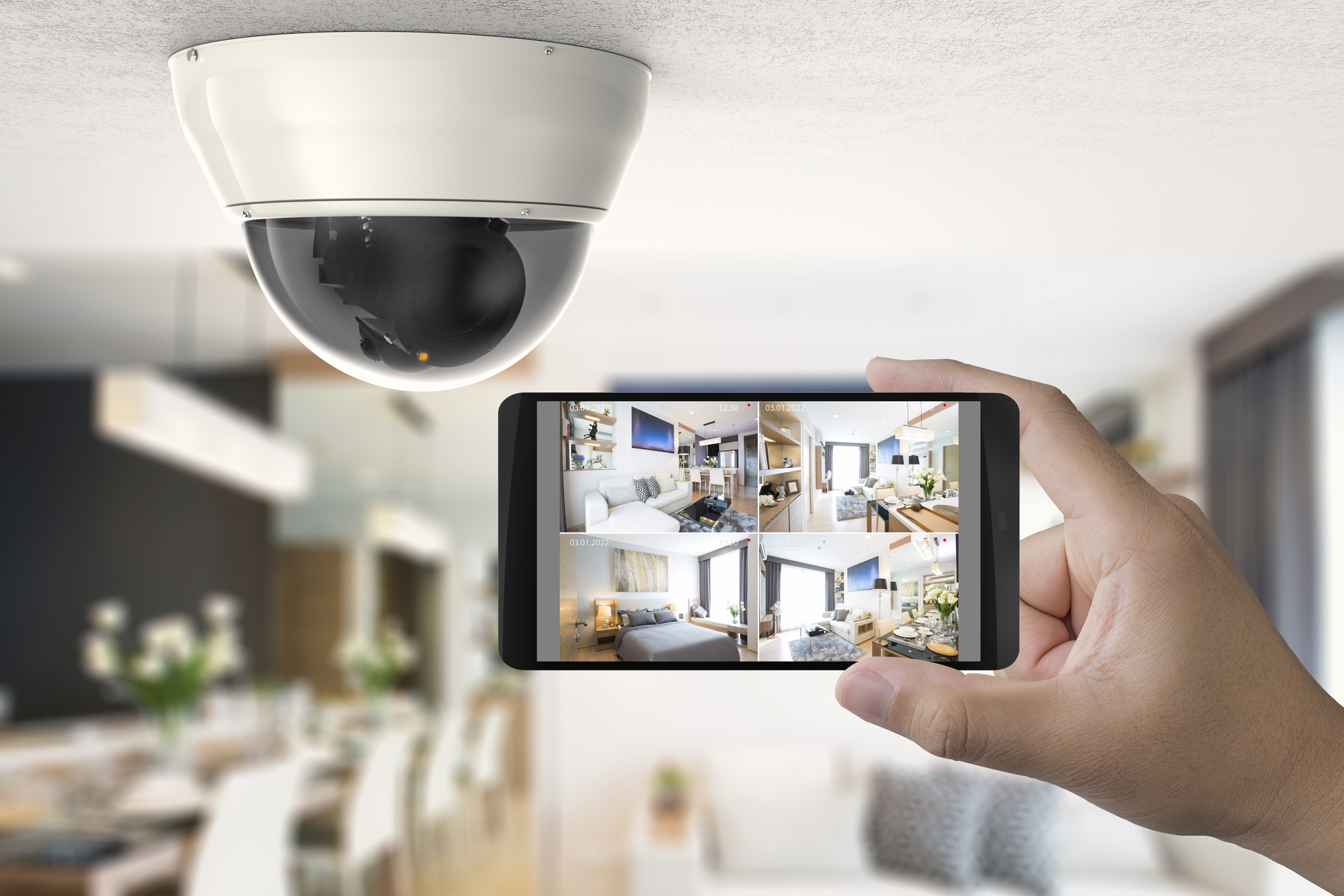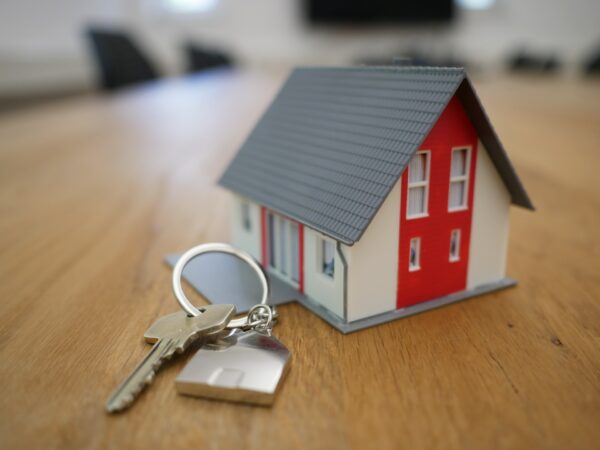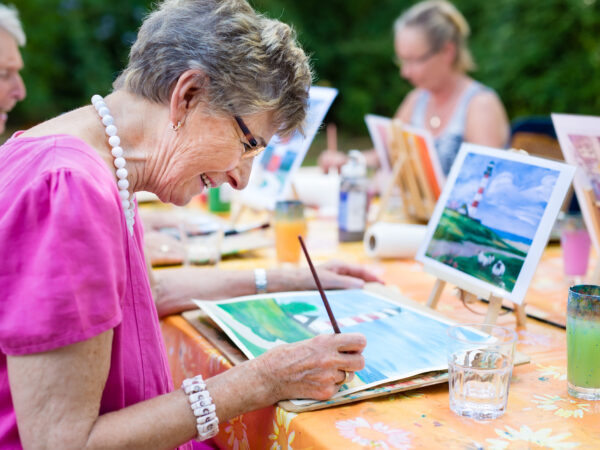Planning for a continued swell in the number of seniors over the next 20 to 30 years, the Quebec government has released a plan to build thousands of seniors’ homes across the province. Included in the designs are cameras in each room to help monitor residents, especially those with dementia, but the plan has drawn some concern about the privacy and dignity of elderly adults.
Even prior to the coronavirus pandemic, staff shortages have plagued long-term and assisted living facilities. Although video surveillance can be a useful tool to help protect residents from wandering, catch any mistreatment, or determine the cause of a fall, the Ministry of Health plans to use the technology only with the permission of residents or their medical power of attorney.
According to a recent CTV News report, families have legally been permitted to install their own cameras in the rooms of elderly loved ones since 2018, with certain conditions. The Quebec healthcare workers union (FIQ) has some doubts about the legal implications, and concerns that the technology could result in fewer jobs.
Motion, acoustic and visual detection surveillance in the rooms of residents who have medical conditions that require close monitoring, and at the request of seniors or their proxy, is designed to better meet the needs of residents. But in order for the systems to work, someone has to be monitoring cameras round-the-clock. With healthcare workers stretched thin already to meet the complex need of elderly residents, the union worries that technology would be used as a way to reduce the human touch.
Although most nursing homes use security cameras to monitor common areas, parking lots, and exits, the use of cameras in residents’ rooms varies by facility. Families concerned about abuse may want to have a camera installed as an extra measure of protection, but some nursing home administrators do not allow them due to concerns over the privacy of staff and residents.
The development of intelligent cameras that learn to recognize event patterns such as falls, violent behavior, or an unusual number of people in a space, could help staff monitor residents and respond to emergencies or other problems without invading privacy or providing constant video monitoring. Read more about the ethics of surveillance in nursing homes rooms by following this link to a recent research article, published in AJOB Empirical Bioethics.






Add Your Voice
0 Comments
Join the Discussion